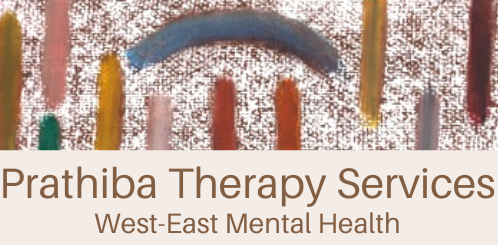Culture and Mental Health
Legacy of ‘mental illness’ in South Asia
South Asian Culture carries pride in being a collective society and values the importance of a child’s identity (boy/girl) to be strengthened with the support of parents, uncles, aunties, grandparents, and extended family.
Personally and professionally, as a therapist, I often hear from daughters, sons, sisters, brothers, wives and mothers/fathers who are “shamed” to feel any emotional suffering. And made to believe that it is the “cultural way” for them to endure their suffering in silence.
It is my job to make sure my husband doesn’t get upset with children’s problems. (“I have no idea how to fix this”, “I can’t talk this with mum” “I am bad for making trouble”, What’s wrong with me?”)
He/She does not mean it when he/she is angry and shouting. He/She is stressed. (“Words hurt, I can’t forget it. Why are they allowed to hurt me?”)
You are giving too much freedom. (“Why am I weak? Why can’t I control?”)
This generation does not have any tolerance to enduring pain and suffering. (“Something is wrong with me, because I can’t endure this”)
In the psychotherapeutic re-search of what South Asian culture truly represents, I have discovered that all these statements (listed above), were born and strengthened by post-colonised and patriarchal voices of South Asian community. These statements have been compounded with systemic exposure to fears and threats of communities being ostracised. And the best way individuals have learnt to survive was through avoidance “of bad things”.
These invisible wounds fester with unconscious voices of patriarchy - “shoulds” and “shouldn’ts” and dismiss the unique qualities of woman/man. When the beliefs don’t connect with the true self of the person, then they are “forced” to suppress their true self and “perform” to expectations. This comes at a cost, and the price one pays is living with poor mental health such as depression (masked as anger), anxiety (masked as jitteriness), grief (masked as complaining), and losing connection in their core being.
Consequently as a therapist, I have found that the first South Asian person, who takes the brave step to talk about mental health, comes with a legacy of one or two generations who have survived with invisible wounds of emotional pain, unrecognised, unspoken and untreated.
